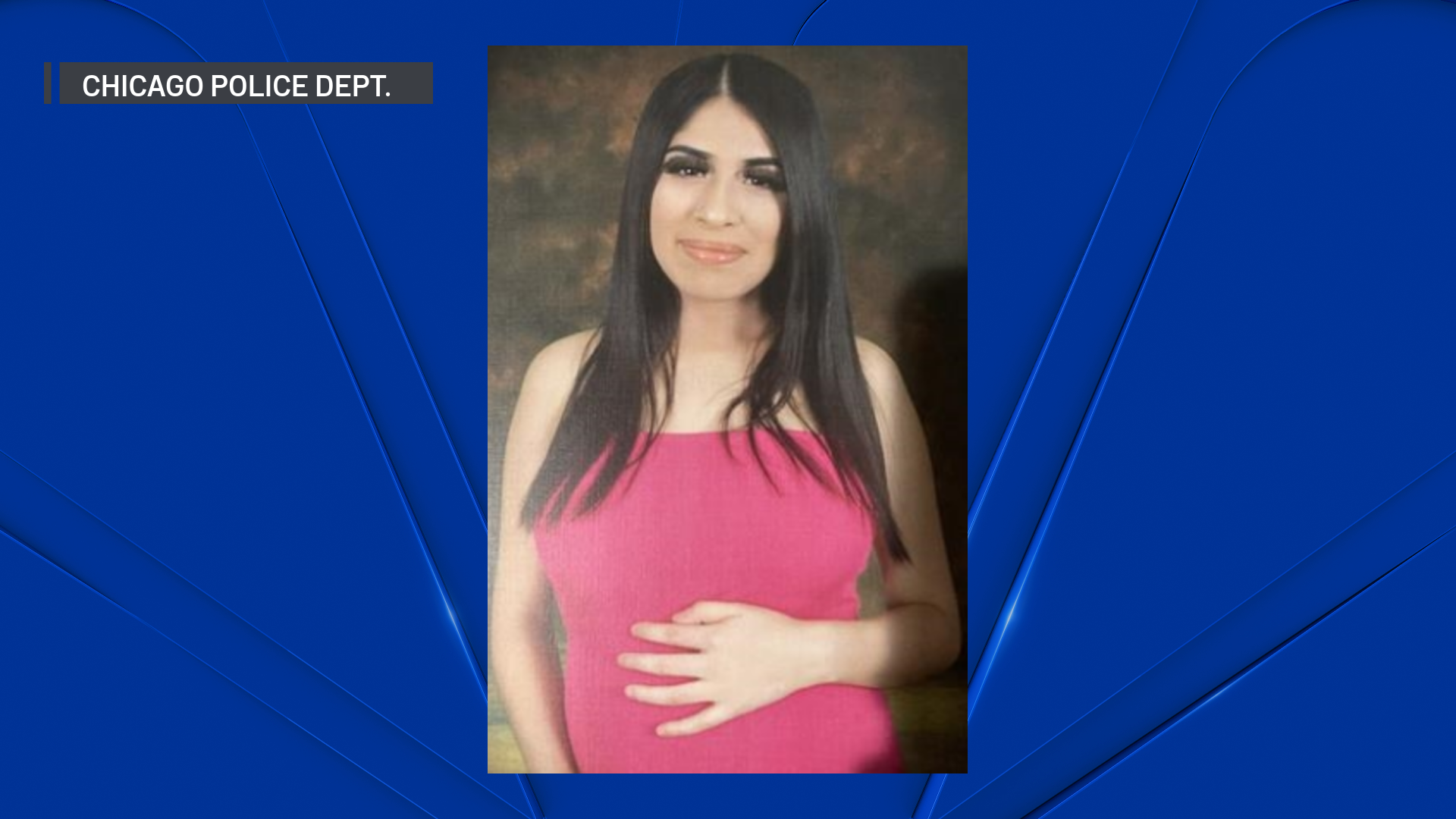Beginning this week, Illinois residents with pre-existing conditions and other comorbidities will become eligible to receive the coronavirus vaccine under Phase 1B of the state’s vaccination program, and Gov. J.B. Pritzker says that proof of such a condition, while not explicitly required, will help expedite the process for residents seeking the treatment.
Speaking during a press availability on Monday, Pritzker says that the state does intend to “make people walk in with papers,” but that doctors and nurses will be able to ask questions to determine whether a person qualifies for Phase 1B of the vaccination program.
“No, we’re not making people walk in with papers from their doctor to prove that they have diabetes, or to prove that they have cancer. We are relying on the honor system,” he said. “We are obviously asking the nurses and doctors providing those doses to ask people questions about their condition, and many people are in fact going to their regular health provider who already has their record on file and knows their comorbidity.”
Comorbidities and preexisting conditions covered under Phase 1B of the plan will include diabetes, cancer, heart disease, sickle cell disease and other conditions, according to the state. The new changes are scheduled to go into effect on Feb. 25.
Feeling out of the loop? We'll catch you up on the Chicago news you need to know. Sign up for the weekly Chicago Catch-Up newsletter here.
Dr. Ngozi Ezike, director of the Illinois Department of Public Health, says that while proof of condition isn’t explicitly required, it will help to speed the vaccination process.
“Most individuals who have a comorbidity might have a recent pill bottle with their names on it, they may have a doctor’s note, or they might have a recent summary sheet that indicates the conditions that they have,” she said during a recent panel discussion on NBC 5 Chicago. “We’re not trying to create any barriers or difficulties, but we want to make sure that we are targeting the people who need this vaccine most, and those individuals with comorbidities can help provide some proof in addition to the attestation that they may have to make so that they can get the vaccine.”
Even though the state is planning to expand eligibility for the vaccine, many municipalities and counties aren’t moving forward with that plan yet. Will and DuPage counties have both announced that they will hold back on expanded eligibility for the treatment due to expected shortages of vaccine doses in coming weeks, with both health departments focusing on administering second doses of the vaccine to those who have already received their first doses.
News
Cook County and the city of Chicago are also not expanding access this week, with Mayor Lori Lightfoot and Cook County Board President Toni Preckwinkle saying their respective jurisdictions have not vaccinated enough individuals in previously eligible groups.



